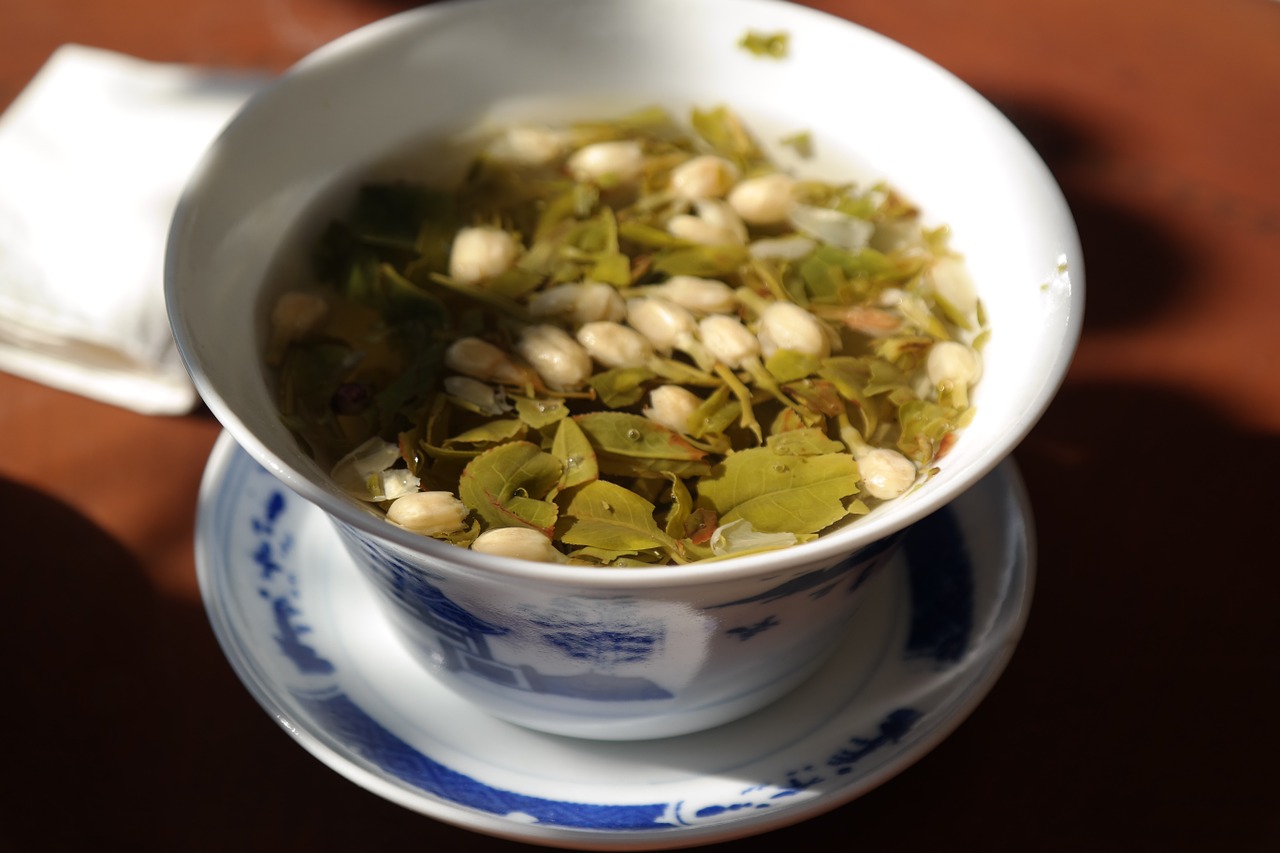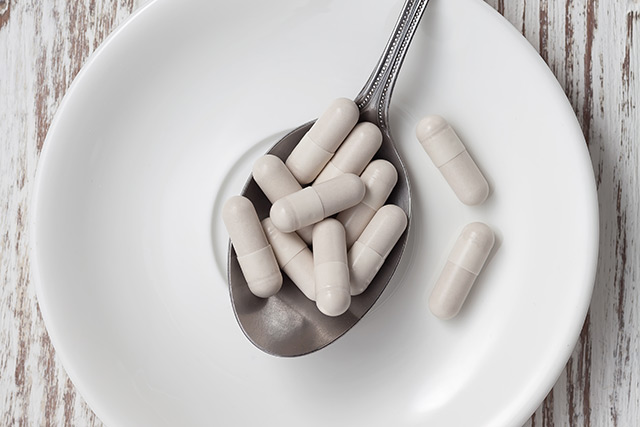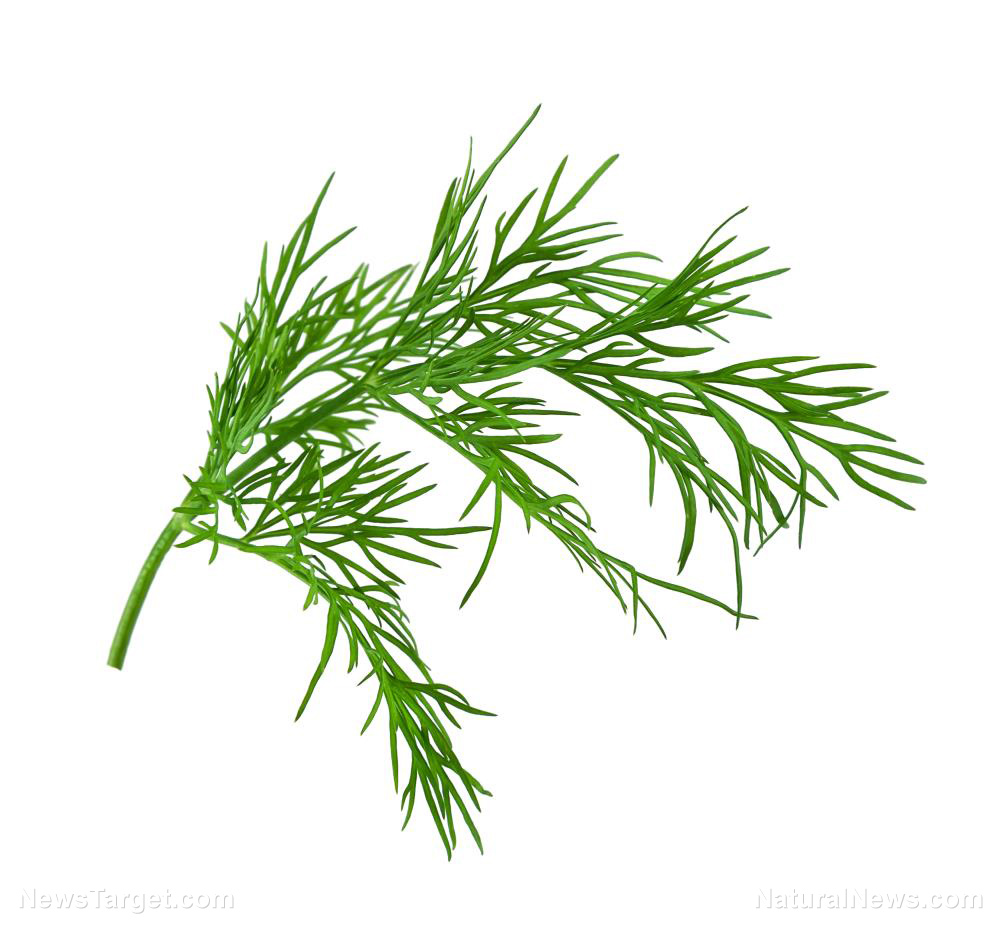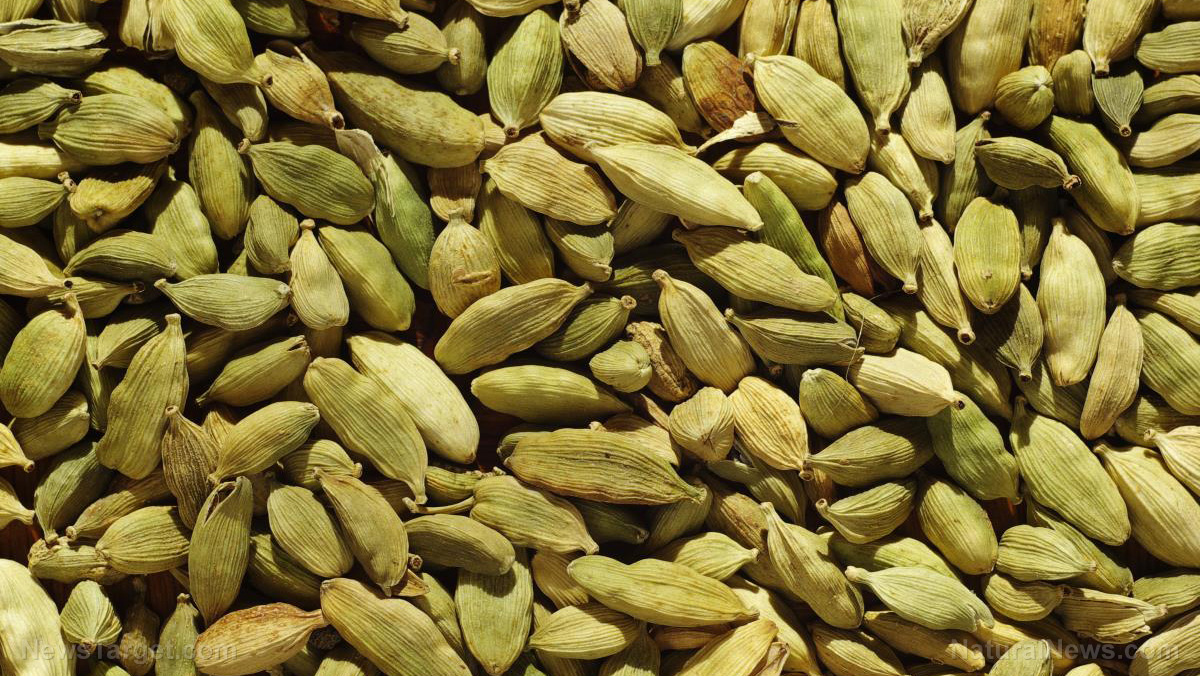Counteracting damage from physical training: Caffeine supplementation found to reduce inflammation, oxidative stress and stimulate muscle growth in athletes
09/04/2018 / By Ralph Flores

People around the world just love their daily caffeine fix. In the United States alone, at least 84 percent of the population drinks at least one caffeinated beverage a day. Now, a new study led by researchers from the University Centre of Várzea Grande and the Federal University of Mato Grosso in Brazil revealed that athletes could also benefit from caffeine since it lowers oxidative stress after a workout.
The study, titled “The effect of caffeine supplementation on trained individuals subjected to maximal treadmill test,” was published in the African Journal of Traditional, Complementary and Alternative Medicines. The researchers looked at how adding caffeine before a workout can help protect the body from oxidative stress caused by exercise. (Related: Caffeine affects Alzheimer’s-related protein formation, improves memory.)
For the test, researchers used a double-blind (which means that both researchers and samples do not know who is receiving a particular treatment), randomized (assignment of treatment is done ‘by chance,’ that is, without any underlying bias), and cross-over (where both groups will be subjected to the experimental and placebo treatments) approach for this study. The team initially included 36 individuals to take part; however, it was whittled down to exclude smokers and people with pre-existing conditions, with the final pool comprising of 13 males and 17 females.
Both groups were then randomly treated with either a caffeine supplement or a placebo. Since this was a double-blind and randomized study, a person not directly involved in the research handled the distribution of the supplement to the participants. The team then conducted a spirometric test to measure the ability of their respiratory system to inhale and exhale air. Blood was drawn from both groups after the spirometric test to measure their oxidative stress levels pre-workout.
Participants were then tested using the treadmill. Their workout would start at a speed of three kilometers per hour (km/h), which would then increase to 6 km/h after a minute. This would increase by a kilometer per hour after each minute until it reached 15 km/h. After the first minute, the angle of the treadmill was also raised by one percent. Blood was also drawn from the participants post-workout. After a week, the groups switched intakes: those who took caffeine were now given a placebo and vice versa.
Results revealed that participants who were given caffeine prior to workouts showed a decline in their thiobarbituric acid (TBARS) levels, which marks oxidative stress. This was seen during their pre- and post-workout blood samples. In addition, caffeine also increased interleukin 6 (IL-6), a protein group that is known to reduce inflammation in cells. IL-6 is found in high concentrations in the muscle tissue, and exercise regulates its release. With the increase in IL-6 because of caffeine, its hypertrophic property is also released. Researchers posit that the increase in IL-6 can also activate muscle growth, but this is still subject to further studies.
“The increased IL-6 suggests that this ergogenic supplement may stimulate muscle hypertrophy, since IL-6 has myokine effect,” the researchers wrote. “However, the caffeine effect on IL-6 level and muscle hypertrophy increase should be better investigated in future studies.”
Aside from coffee, you can get your caffeine fix by eating dark chocolates, guarana (which has more caffeine than coffee beans), and fresh tea leaves.
Learn more about the health benefits of caffeine by heading over to FoodScience.news today.
Sources include:
Tagged Under: caffeine, exercise, fitness, Interleukin, muscle recovery, muscles, nutrition, oxidative stress, post-workout, research, slender, supplements, workout



















